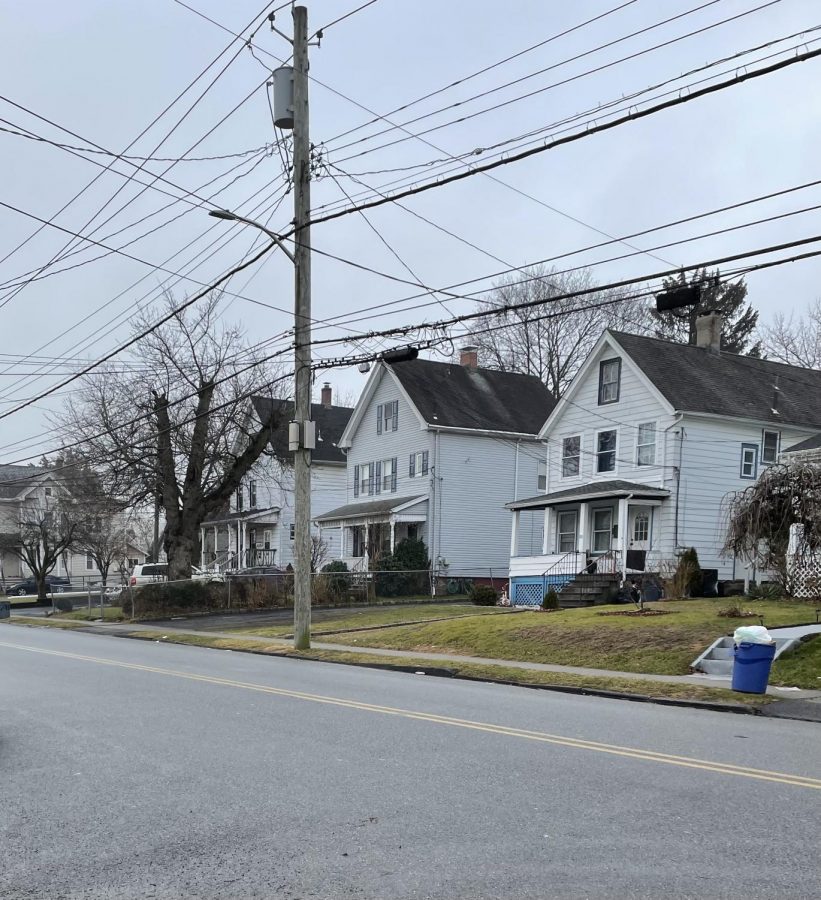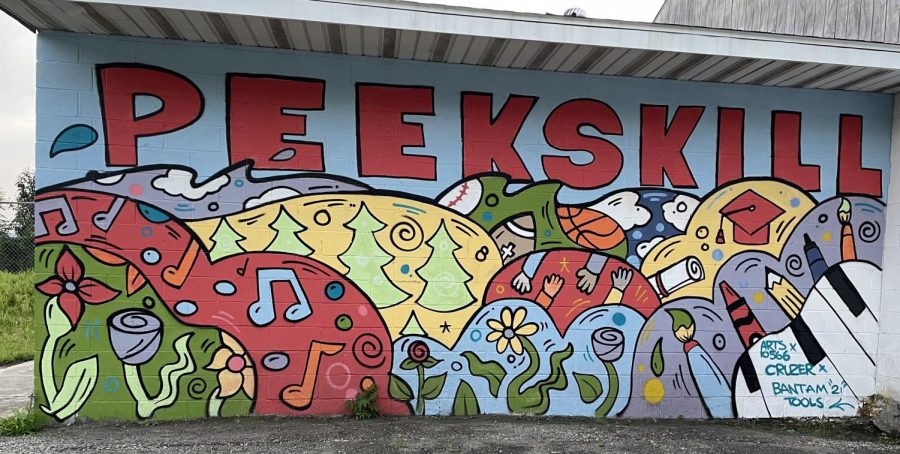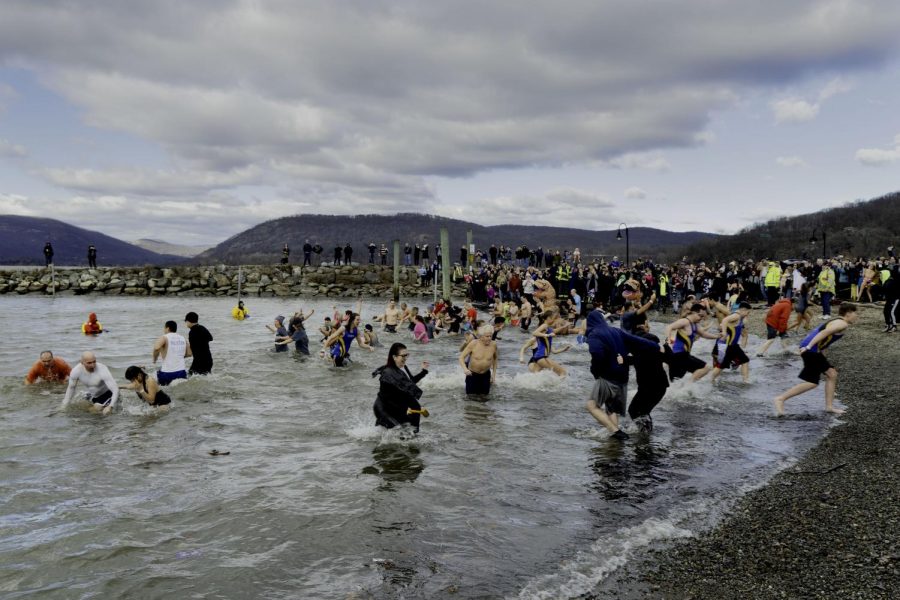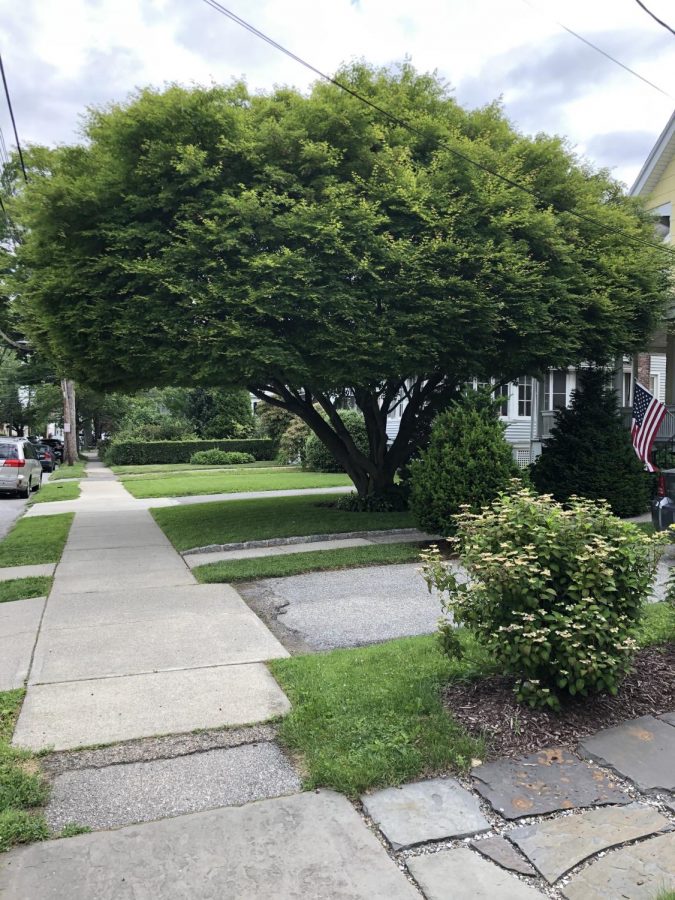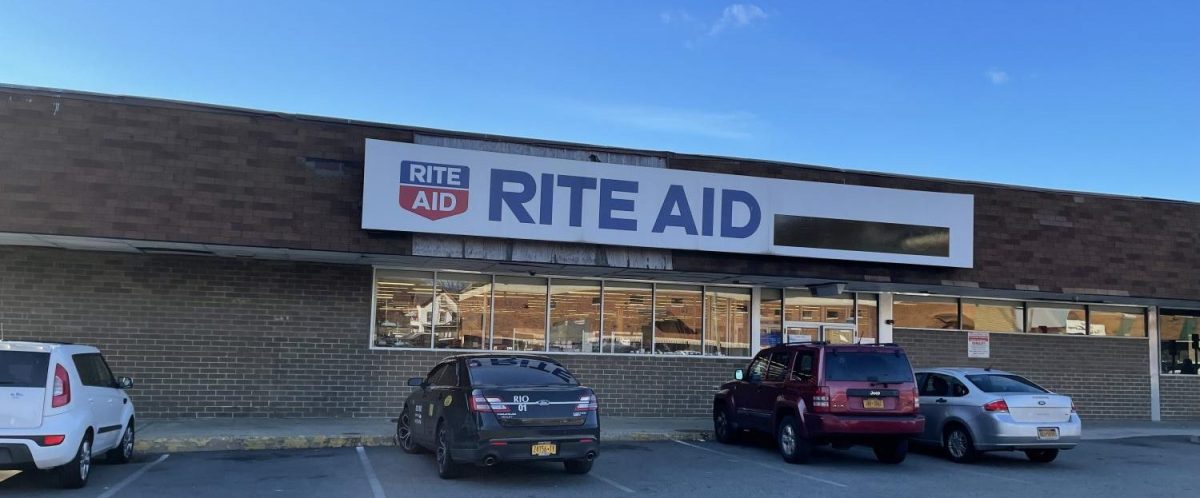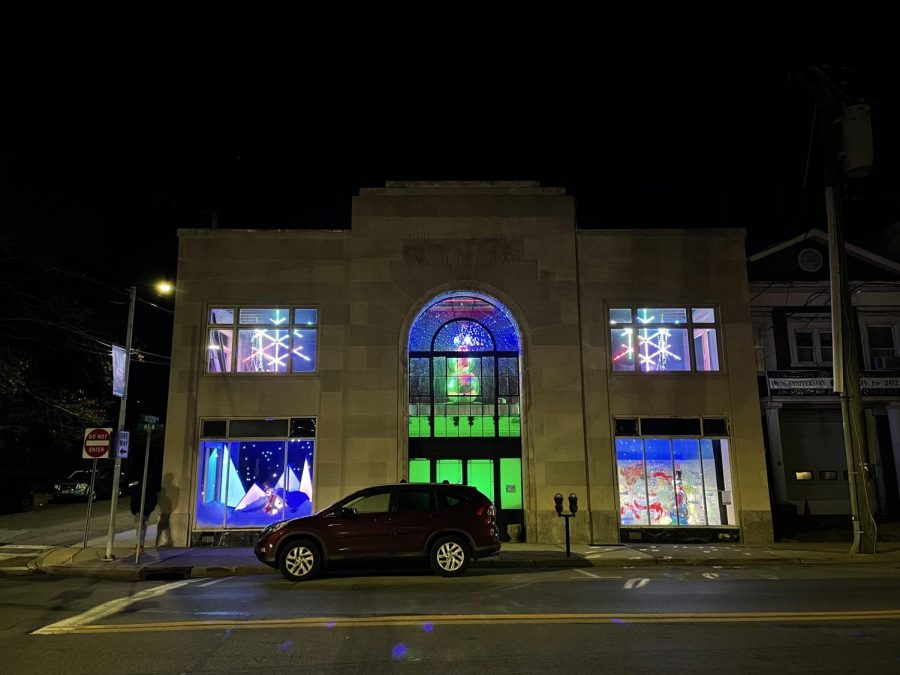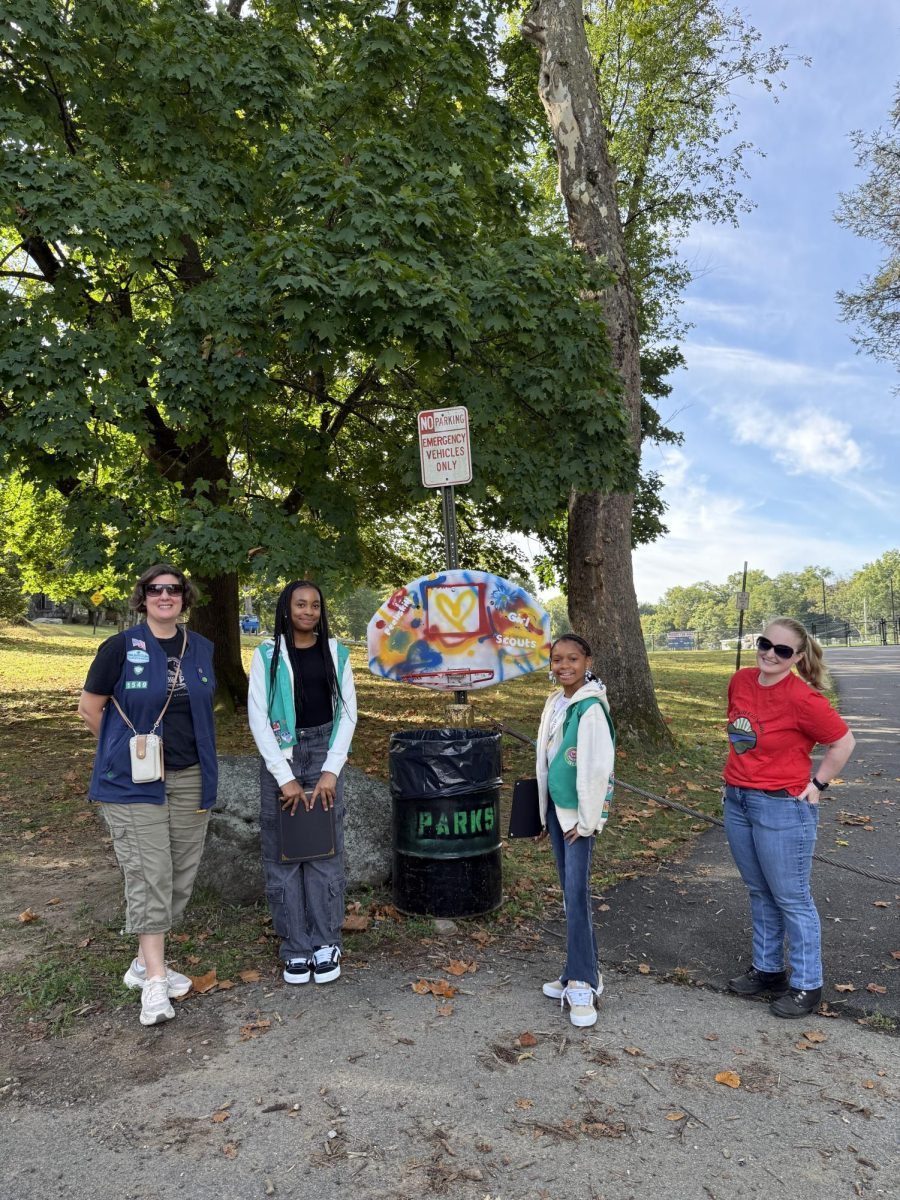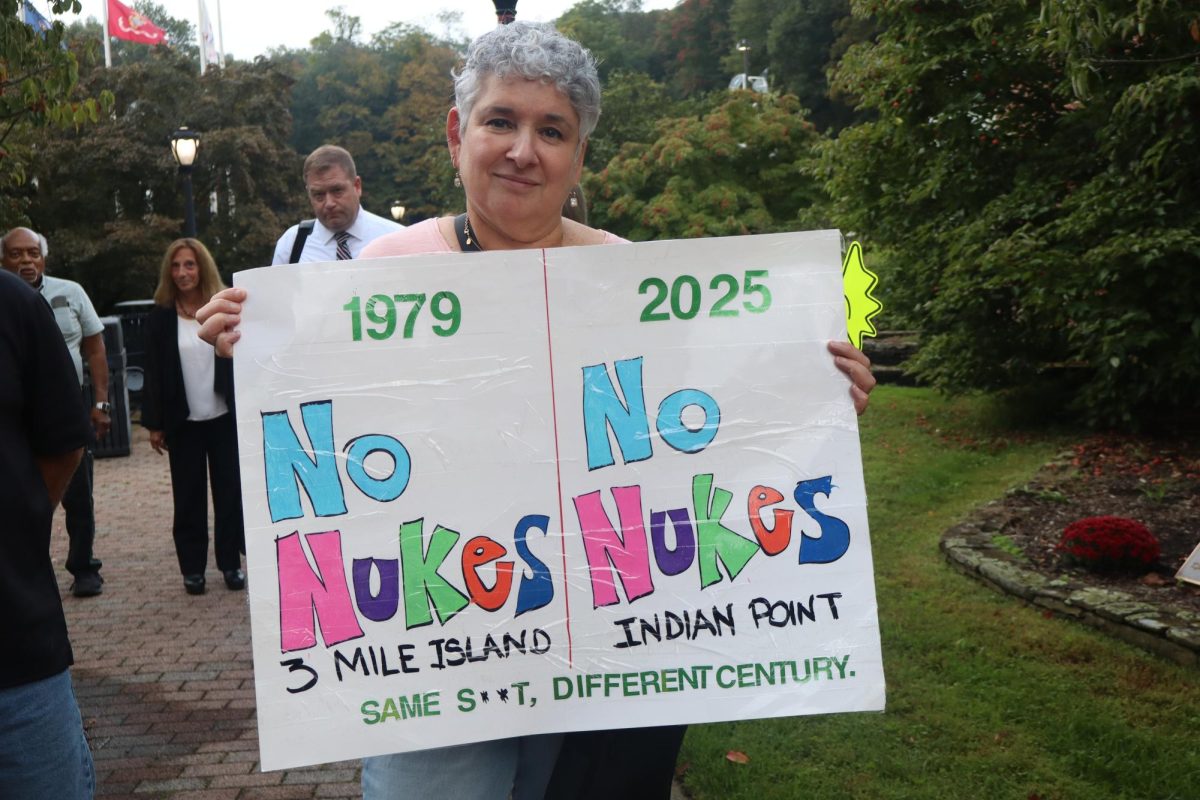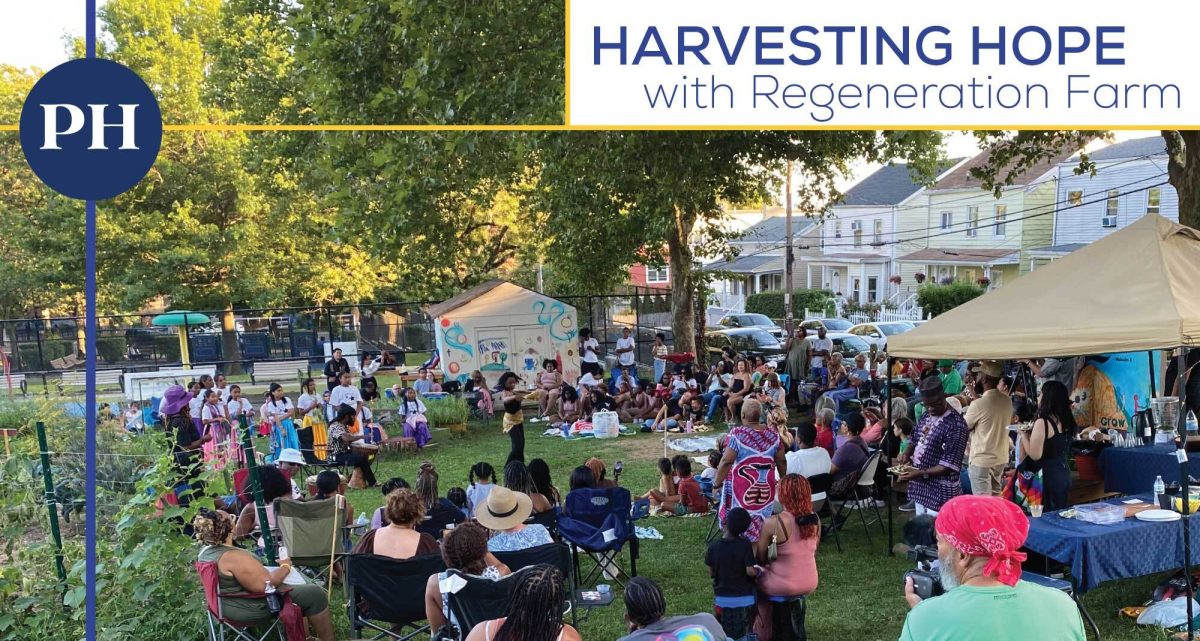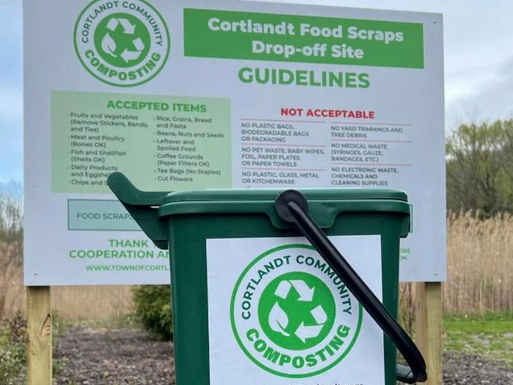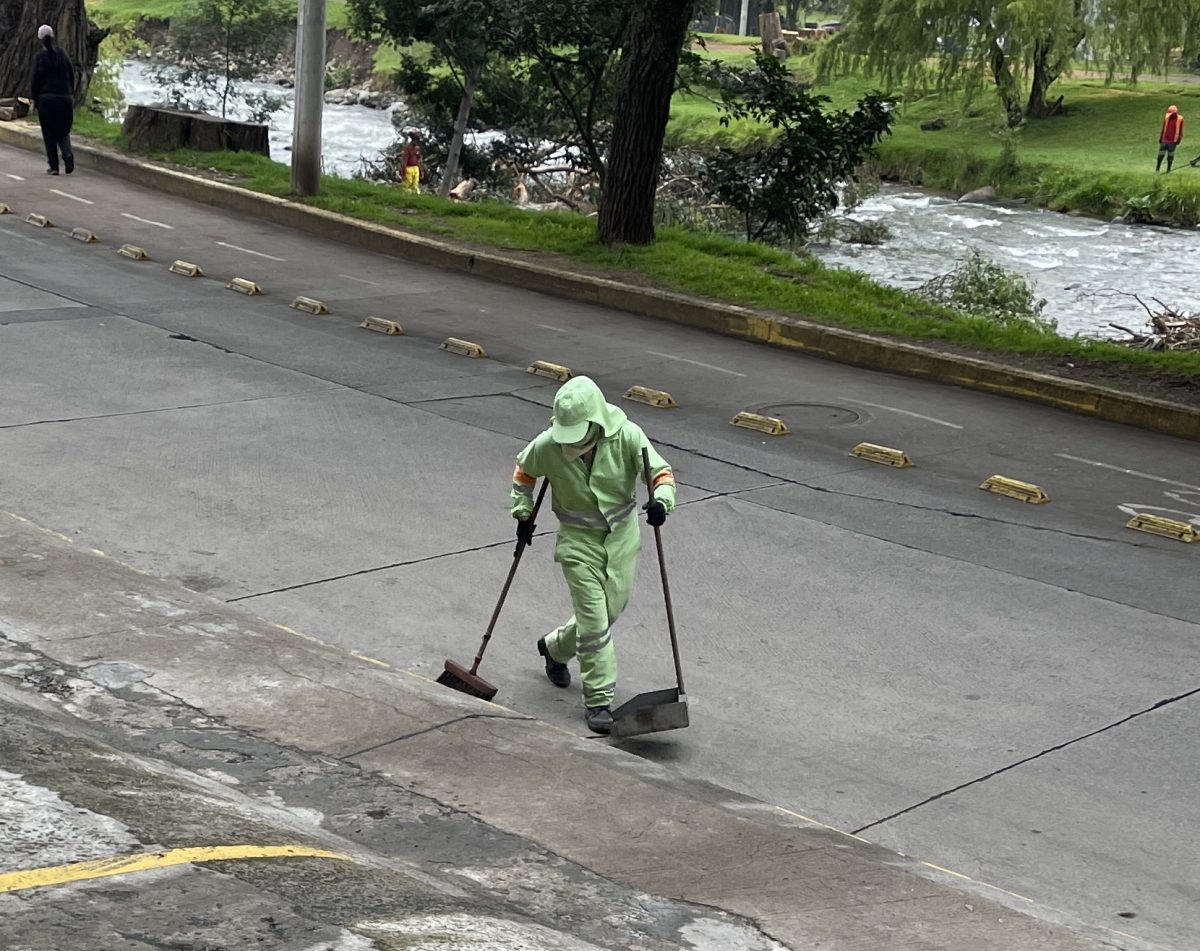Imagine being told by your doctor that you face a rapidly growing and far reaching disease and the only way you can survive is if you become aware of actions you take everyday that fuel the spread of the illness. The first thing you’d want to know about are those actions and how you can mitigate them. You’d also want to measure those actions, similar to counting calories if you were on a diet.
The hypothetical scenario illustrated above is what the earth is facing right now if carbon emissions are not cut in half in the next 9 years. If we do nothing, climate and ecosystems face permanent, dire, irreversible damage. There is no wiggle room; we must begin reductions now to reach our goals.
In February 2020, some Croton residents launched a local group, Croton100, to address the climate crisis, with a mission to reduce emissions in their community by 100% by 2040. Croton100 soon joined forces with other communities to form CURE100 (Communities United to Reduce Emissions 100 percent by 2040) in November 2020. CURE100 adopted a Carbon Tracker, web-based app, that had been developed by Croton100 as a tool to spread carbon literacy. The non-profit, community based, grass roots neighbors influencing neighbors group has chapters in Ossining, Yorktown, Phillipstown, Port Washington, NY and in a city in India.
Carbon Literacy means understanding the quantification of community-wide, household, and individual emissions along with sectors or pillars of energy use such as transportation, building heating, electricity, food and waste, etc. . Members of CURE 100 encourage people to use the Carbon Tracker app to see exactly how much they contribute to the emissions that are imperiling our planet and the steps they can take to reduce emissions.
The Carbon Tracker app was developed by a group of volunteers who have software and scientific knowledge. The Carbon Tracker app combines data from multiple sources, including the Berkeley Cool Climate study of 2014, EPA physical constants and Emissions and Generation Resource Integrated Database (eGRID) also published by the EPA.
The Carbon Tracker app allows the user to establish a baseline of carbon emissions and understand the currency of carbon; create awareness of their biggest contributors to their carbon footprint, dispel myths and provide clarity and show comparison to zip-code averages for reference. The Carbon Tracker also provides users with easy to understand tips and directional guidance for reducing carbon emissions. It also allows community-level tracking of carbon reductions.
The Carbon Tracker encourages each household to create a framework for planning reductions through short-term easy and inexpensive steps; create a 10-year plan to cut carbon footprint in half and plant seeds for net zero emissions by 2040. The Tracker provides low/medium/high effort tips in each category. Categories on the Tracker are: transportation, heating, electricity, food, waste, goods/services, zip code overhead.
You are encouraged to make your Earth Day deed to measure your own carbon emissions and make a plan for reducing your emissions this year by 5-10%. It’s easy to do, go to the Carbon Tracker app here
Categories:
Knowledge is power when it comes to reducing your carbon footprint
April 22, 2021
More to Discover
About the Contributor

Regina Clarkin, Publisher
When the Peekskill Herald weekly newspaper ceased publishing in August 2000 it was the first time in the history of the city that there wasn’t a local newspaper. The award-winning weekly was often referred to as the ‘glue’ of the community. Founded on January 9, 1986 by Regina Clarkin, Kathy Daley and Rich Zahradnik with a $7,000 credit card line, the paper filled the void created when the daily Evening Star was sold to Gannett and moved out of town.
Founding publisher Regina Clarkin continued to live in the Peekskill Cortlandt area and turned her attention to other life endeavors. Through the ensuing 19 years, Clarkin was frequently stopped in town and asked when she would start up the Herald again.
In January 2019, Clarkin decided it was less labor intensive to deliver a weekly blog than a print newspaper so she began posting one story a week about life in Peekskill. After a successful crowd funding campaign in 2020, the Herald was incorporated as a non-profit corporation in July of 2021. Peekskill Herald is a digital relative of the former print edition, featuring many of the favorite aspects of the beloved Peekskill Herald such as old pictures, personality profiles and well written stories about newsworthy events.
Regina Clarkin is the publisher of the site.



